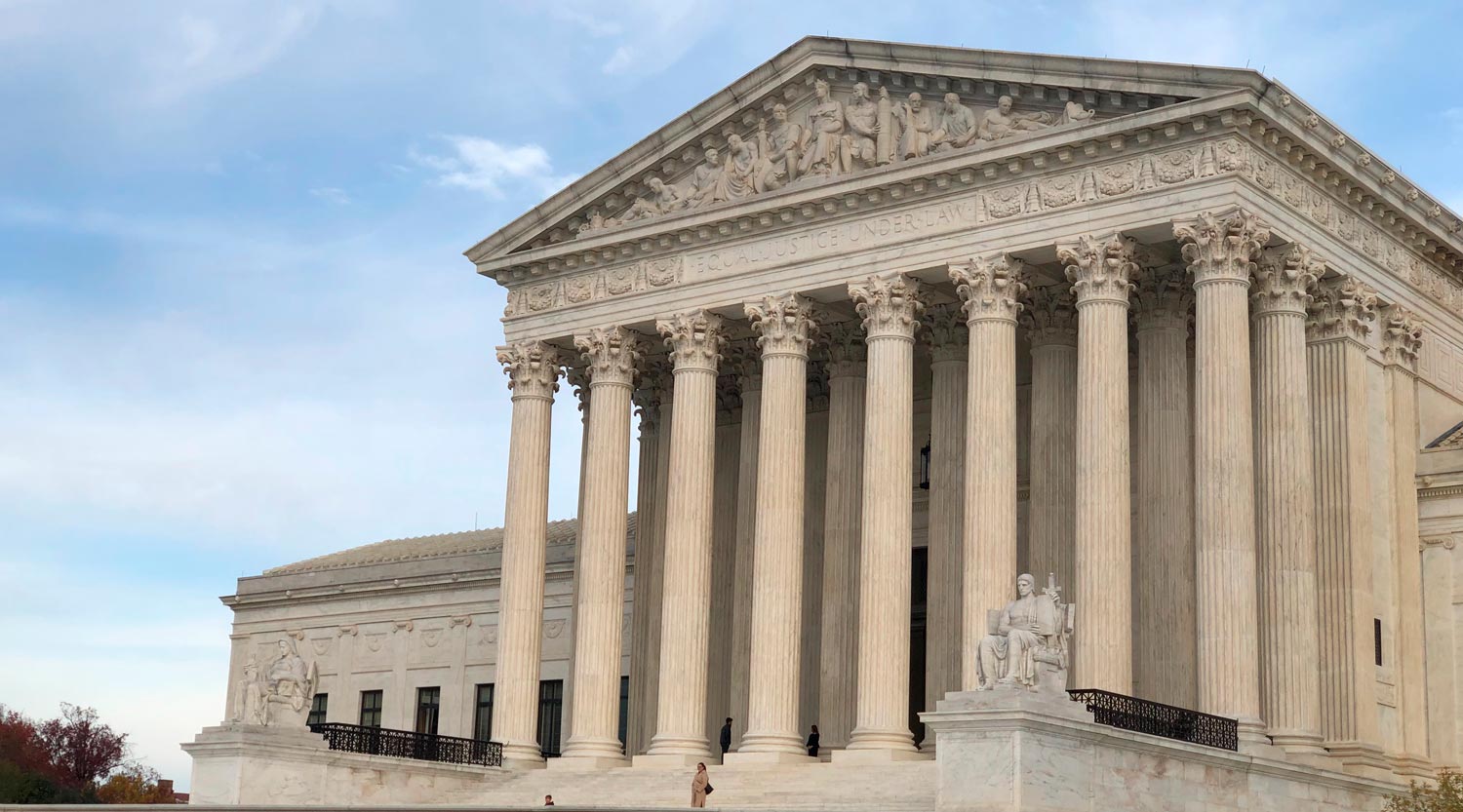CFPB Director Chopra Calls for Simplification of Rules
- June 28, 2022
Rohit Chopra, who took office as director of the Consumer Financial Protection Bureau (the “CFPB”) last fall, has quickly earned a reputation for aggressive oversight and enforcement tactics. Chopra was a Biden nominee with previous experience at the CFPB and more recently was serving in the Democratic seat of the Federal Trade Commission (the “FTC”) after nomination by President Trump.
Director Chopra recently published a blog touting some of the changes and new measures that the CFPB is undertaking under his leadership, and advocating for the simplification of rules. According to Chopra, “[t]he CFPB is seeking to move away from highly complicated rules that have long been a staple of consumer financial regulation and towards simpler and clearer rules” and “[r]egulators have historically issued overly complicated and tailored rules for the existing regulatory landscape, as opposed to providing basic bright-line guidance and rules that can withstand evolution of the marketplace over time.”

More specifically, according to Chopra, complex rules impede consumer protection and increase compliance costs to the disadvantage of newer market entrants and smaller firms. This, according to Chopra, is an advantage to the larger competitors. Chopra added, “simple bright-lines allow all parties to better understand the law and policy priorities, but also, prevent strategic or intentional ‘misunderstanding’ or plausible deniability that some companies use to ignore the law.” Complex rules create loopholes and foster creative lawyering. Further, per Chopra, “clarity and simplicity will promote consistency among government agencies responsible for enforcement of federal consumer financial law.”
Chopra also hinted at stronger efforts targeting entities other than banks. Specifically, “we are assessing whether to utilize Congressional authority to register certain nonbank financial companies to identify potential scammers and others that repeatedly violate the law.” This, according to Chopra, is a power that has been authorized by Congress but previously gone unused by the CFPB.
Chopra suggested that the CFPB may evaluate and perhaps change several existing rules:
- With respect to the CARD Act of 2009, which provides limitations on tactics by credit card issuers like interest rate increases or double month interest rate calculations, Chopra specifically mentioned enforcement immunities and inflation provisions with respect to consumer penalties.
- Rules originally developed by the FTC regarding the Fair Credit Reporting Act (the “FCRA”) “to identify potential enhancements and changes in business practices.”
- The Qualified Mortgage Rules “to spur streamlined modification and refinancing in the mortgage market, as well as assessing aspects of the ‘seasoning’ provisions.”
It should also be noted that Chopra championed several measures undertaken by the CFPB to enhance transparency, specifically several forums where the CFPB is encouraging and accepting feedback from other regulators, attorneys and the general public. It remains to be seen and should be interesting to observe what comes from the call for greater simplification and possible rules changes as Chopra’s tenure continues.
Recommended Posts
-

What Is a Certificate of Incumbency and Why Does Your Business Need One?
A certificate of incumbency is a vital document that helps business...
Read More -

How Exclusivity Agreements Can Protect Your Business Interests
Exclusivity agreements can offer your business security and stability. Yet these...
Read More -

Why You Need an Attorney for Contract Review
Contracts are an integral part of running a business. They establish...
Read More